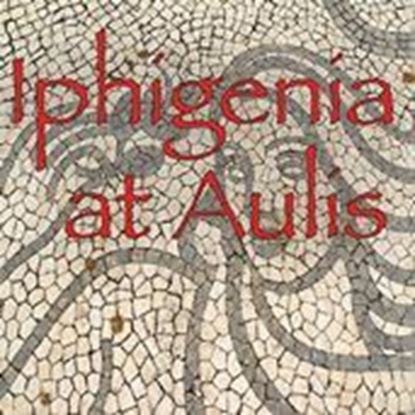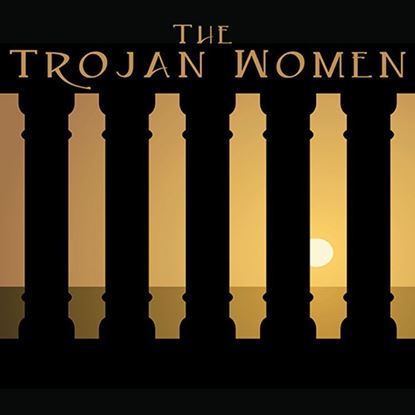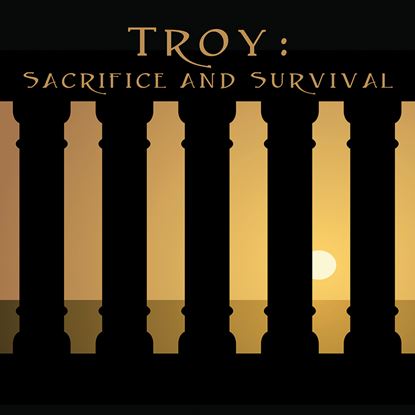Products tagged with 'Tragedy'
Iphigenia at Aulis
Greek Tragedy by Philip Lerman
26 pages
4 m, 5 w
Adapted by Philip Lerman From the classic by Euripides. The scene is the port city of Aulis, where the Grecian army waits to embark on the conquest of Troy. The army’s commander, Agamemnon, has been forced to offer his young daughter, Iphigenia, as a martyr to ensure victory in the coming war. Valiant efforts by her mother, Clytemnestra, and the Grecian hero, Achilles, to prevent the sacrifice have proven futile. Iphigenia is left to choose between a war she abhors and violent civil unrest in Greece if the war is aborted. Concluding that the welfare of her co...
Trojan Women
Greek Tragedy by Philip Lerman
20 pages
3 m, 6 w, some doubling possible
Adapted by Philip Lerman From the classic by Euripides. Troy lies in ruins after its defeat by the Grecian army. All the men have been killed, and the women wait to be transported to Greece, as slaves or concubines. Hecuba, Troy’s former queen, learns the disposition of her surviving family from the Grecian soldier Talthybius. In parting scenes with her daughter and with her son's widow, Hecuba’s spirits are lifted by the courage of these young women. After a blunt exchange with Helen, whose illicit romance with Hecuba’s other son Paris led to Troy’s destruct...
Troy: Sacrifice and Survival
Greek Tragedy by Philip Lerman
44 pages
7 m, 11 w. Much doubling possible.
The terrible waste of war never seemed more contemporary than in these quintessential tragedies by Euripides set before and after the siege of Troy. Far from being “historical dramas,” they speak to any generation embroiled in conflict. We see up close and firsthand that war is the most pitiful—and most poetic—of human activities. In the first play, "Iphigenia at Aulis," the Grecian army waits to embark on the conquest of Troy. The army’s commander, Agamemnon, has been forced to offer his young daughter, Iphigenia, as a martyr to ensure victory. Valiant effor...



